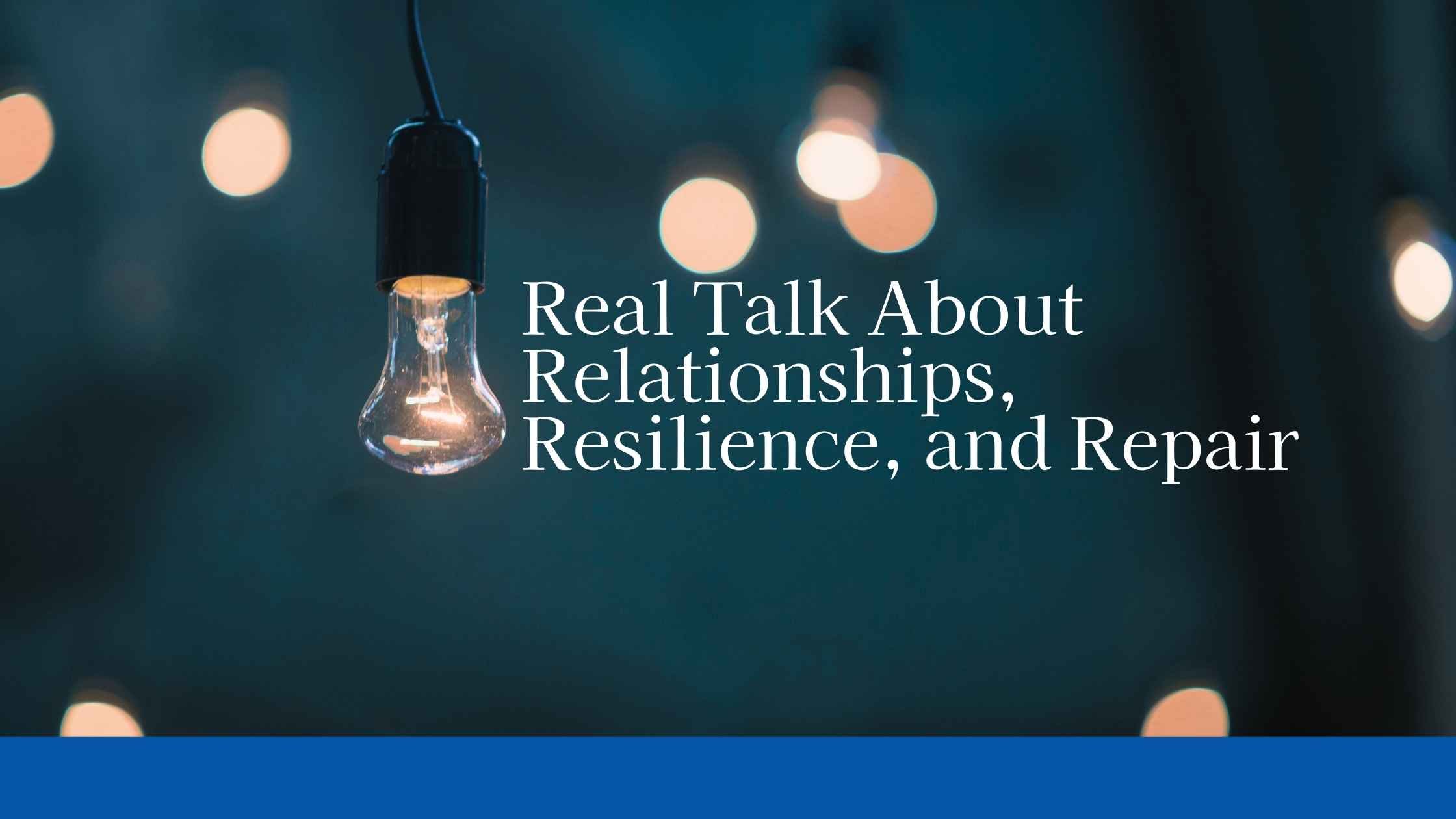
Blog

When Thinking Feels Dangerous: How Thought-Action Fusion Fuels OCD
Thought-Action Fusion can make ordinary thoughts feel like moral failures or real-world threats. In this post, we explain how this distortion fuels OCD and how ERP therapy helps clients find freedom from compulsive fear.

Wired for Resonance: Mirror Neurons and the Brain’s Feedback Loops
Are you easily overwhelmed by other people’s emotions? This blog explores how mirror neurons contribute to emotional sensitivity—and how neurofeedback can help restore calm and emotional boundaries.

Letting Go of Black-and-White Thinking: How Therapy Helps Teens and Young Adults Ease Depression
Teens and young adults often struggle with all-or-nothing thinking that fuels depression and self-doubt. This post explores how therapy helps you recognize extreme thoughts, reframe your inner dialogue, and build a more compassionate mindset.

Breaking the Cycle: How Parents Can Support Their Child Without Feeding OCD
Learn how to support your child with OCD without reinforcing the disorder. This post explores the concept of accommodation, why it keeps families stuck, and how parents can gently shift their responses to encourage resilience and healing—one loving boundary at a time.

Bringing Baby Home: Strengthening Your Relationship as You Grow Your Family
Welcoming a baby is a beautiful but challenging transition for couples. Learn how the Bringing Baby Home program, led by Certified Gottman Therapist Teresa Prince, CGT, helps parents protect their relationship and create a shared family vision.

“I Don’t Know What to Feel Anymore:” Navigating the Emotional Aftermath of an Affair
Feeling overwhelmed after betrayal? This blog explores the emotional impact of infidelity and offers guidance for stabilizing in the aftermath. You don’t have to feel certain—just supported.

Are You There for Me When I Need You?
This post explores the core attachment question, “Are you there for me when I need you?” and offers couples a pathway to secure emotional connection—even if they’ve struggled in the past.

Criticism, Shame, and the Sexual Self: Why It’s Hard to Stay Open
When criticism shows up in your sex life, it can feel deeply personal. Explore how the brain responds to shame and how therapy can help partners reconnect with compassion and safety.

You Feel, I Feel: The Neuroscience Behind EFT’s Emotional Bonding
Emotional disconnection is painful—but it’s not permanent. This blog explores how EFT uses mirror neurons to help couples rewire their emotional bond and create lasting closeness.

Living on High Alert: Why Betrayal Makes You Hypervigilant—and How to Heal
Betrayal trauma often leaves you feeling hyper-alert, reactive, and unable to relax. This post explains why trauma makes you hypervigilant, how it affects your nervous system, and what healing looks like. If you're ready to stop living in survival mode, therapy can help.

Letting the Walls Down: Vulnerability as a Path to Deeper Connection
When emotional walls go up, connection fades. This post explores how couples therapy helps partners let their guard down, speak from the heart, and rebuild closeness through vulnerability and emotional accessibility.

Sex Is the Oil, Not the Fuel: Reframing the Role of Sex in Your Relationship
When sex feels broken, it can take up far more space in a relationship than it was ever meant to. Learn how sex therapy helps couples restore intimacy—not just in the bedroom, but across their emotional connection too.

Little Eyes, Big Feelings: Mirror Neurons and Emotional Contagion in Families
Kids don’t just hear what you say—they feel what you feel. This blog unpacks how mirror neurons shape emotional contagion in families and offers tools for creating calm, attuned connection at home.

I Didn’t Know You Were Lonely: EFT and the Emotional Pain of Secret Porn Use
Secret pornography use often creates deep emotional pain that can feel impossible to navigate. This post uses the lens of Emotionally Focused Therapy to explain why it hurts, how protest behaviors develop, and how couples can move toward healing through emotional vulnerability and responsiveness. Your pain is real, and repair is possible.

Sleeping Alone After Betrayal: What Separation at Night May Be Saying
After betrayal, even bedtime can feel loaded. This post helps couples understand what sleeping separately may mean, how to rebuild safety, and how therapy can support healing and reconnection.

Emotional Nakedness Before Physical Intimacy
If your sex life feels disconnected or performative, emotional vulnerability may be the missing piece. Learn how sex therapy can help you and your partner build true intimacy—emotionally and erotically.

3 Signs You’re Caught in a Negative Cycle (And What You Can Do Today)
We often repeat the same painful patterns without realizing why. This blog explores 3 signs you’re stuck in a negative cycle—and how EFT can help you reconnect and heal.

The Everyday Secrets to a Happy Relationship
Explore the simple yet profound habits that form the foundation of a happy relationship. This post delves into Gottman’s research, revealing how small daily gestures, effective conflict resolution, shared rituals, and mutual admiration can transform your love life. Read on for practical tips and inspiration to build a resilient partnership that grows stronger with every day.

Together Yet Apart: Maintaining Your Individuality in a Close-Knit Family
In close-knit families, the pull of togetherness is powerful—but it can sometimes blur the lines of individual identity. This post discusses how to maintain a healthy balance, nurturing both connection and personal growth. Discover actionable tips for fostering healthy boundaries while celebrating your unique self.

Understanding the Abusive Mentality: When Love Doesn’t Feel Loving
Abuse isn’t always obvious. If your partner makes you feel suffocated, guilty, or controlled, it may be part of a deeper pattern. This post explores the abusive mentality and how you can find clarity and support.
